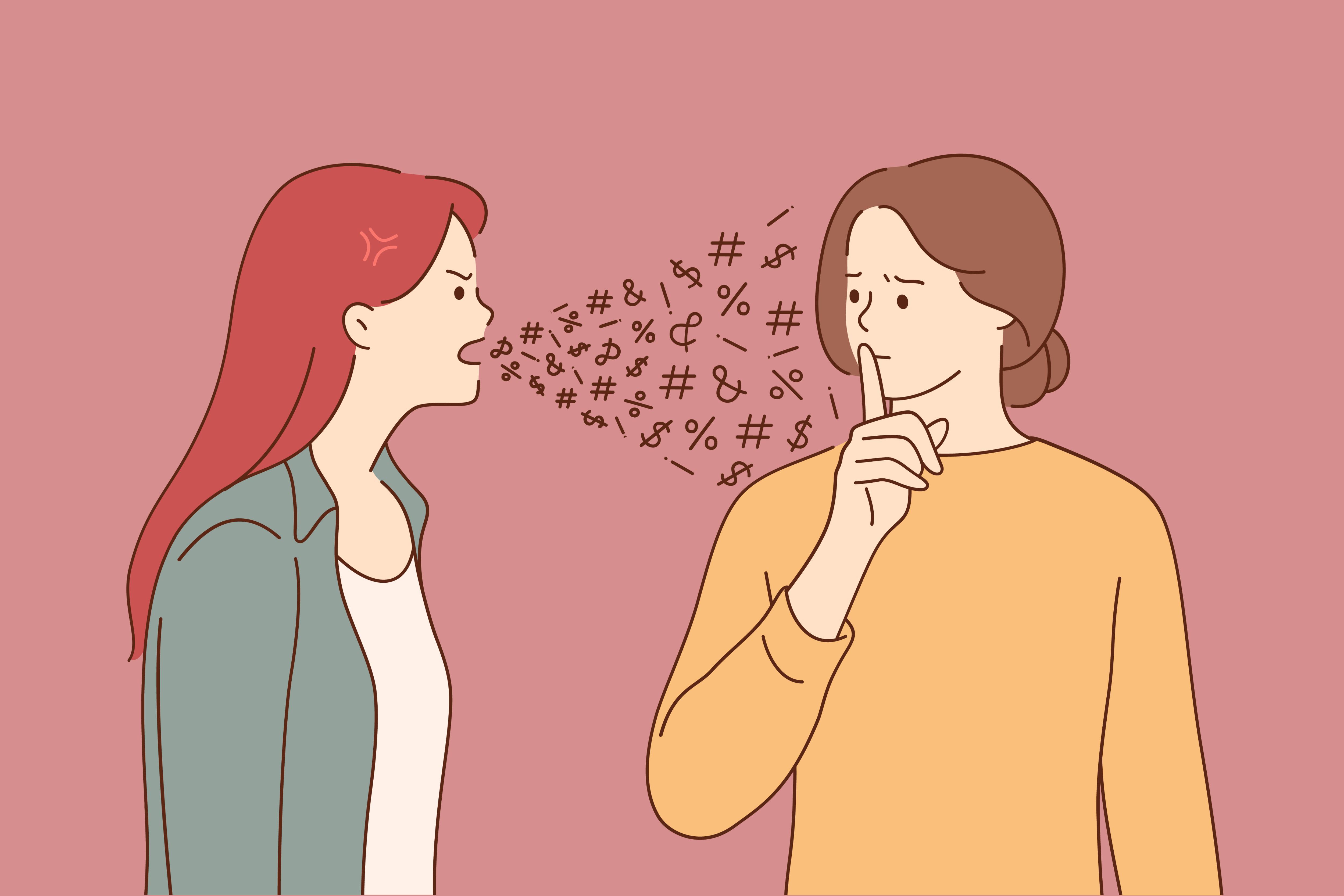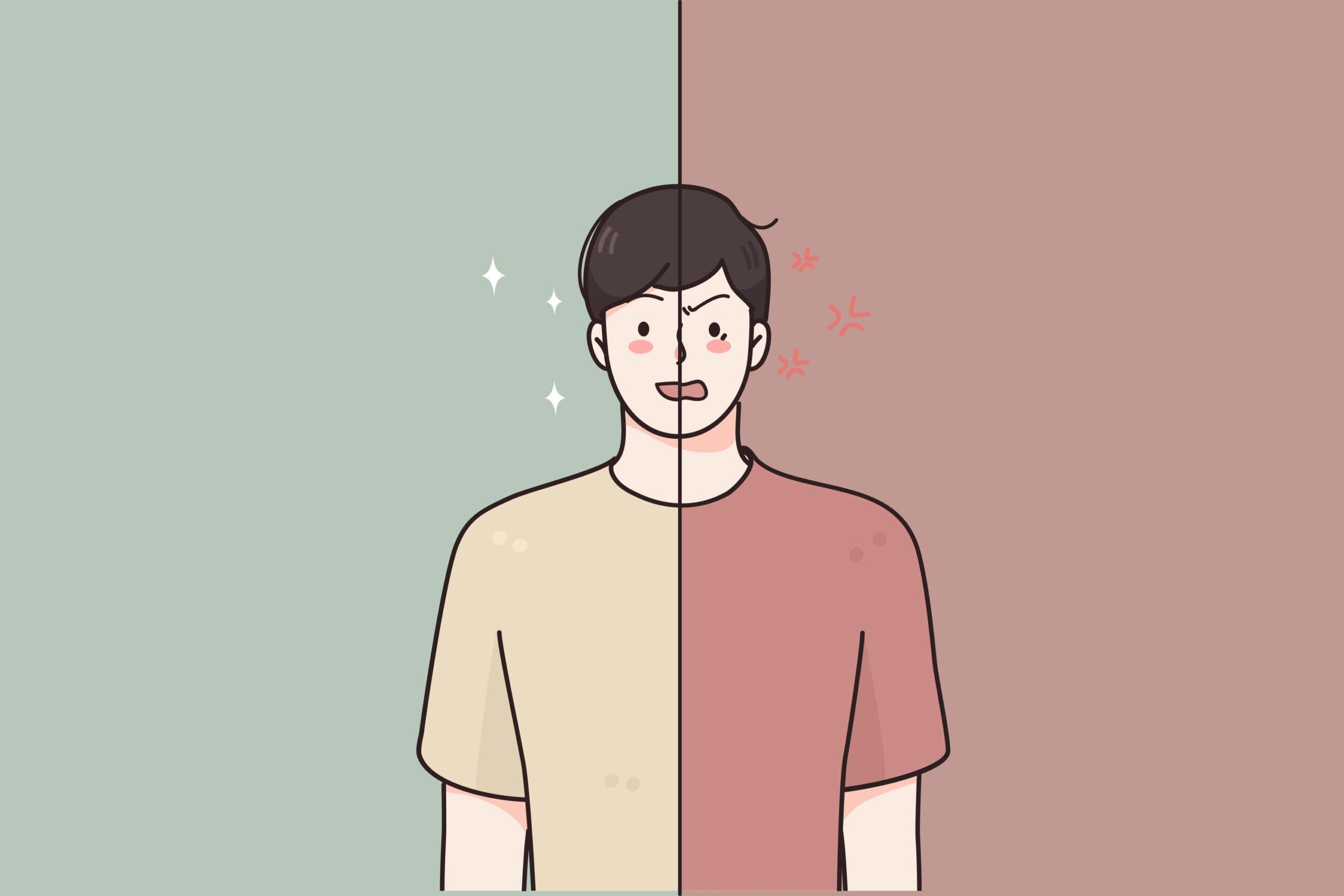It was 1980 when the term ‘manic depression’ was replaced with ‘bipolar disorder’ in the third edition of the DSM (Diagnostic and Statistical Manual of Mental Disorders), yet there remain a number of myths around the mental illness that affects around 1.3 million people in the UK, according to Bipolar UK.
“Bipolar Disorder is a mental health condition where your mood swings from extreme highs (often referred to as the ‘mania’ phase) to extreme lows (or the ‘depression’ phase),” says Dr Elena Touroni, a consultant psychologist and co-founder of My Online Therapy.
“Because of these dramatic shifts in mood, some sufferers feel like they never experience a balanced ‘normal’ mood.”
That doesn’t mean that those with bipolar disorder simply go from happy and energetic to sad and lethargic over and over, though.

“People may be unaware of the fact that bipolar is broken down into different types,” says Celine Erorh, assistant psychologist and founder of Celutions.
“Bipolar I is if you have a manic episode which has lasted longer than a week. You may only have manic episodes, although some people have episodes of depression.
“Bipolar II is if you have had more than one episode of severe depression but only mild manic episodes.”
There’s also ‘rapid cycling’, which means more than four mood swings in a 12-month period and ‘cyclothymia’, when mood swings are not as severe as those with full bipolar disorder, but can last longer.
Plus, the effects of the illness can vary greatly between sufferers. Here, our experts talk us through five symptoms of bipolar disorder that aren’t as well known…
1. Feelings of grandiosity

In the manic phase, people might have “unrealistic thoughts about their abilities, feeling superior, feeling like they are untouchable,” says Erorh.
“For example, they may believe they are a healer or a brilliant artist when they have no competence in these areas.”
2. Impulsivity

Erorh describes this symptom as “behaving with impulse without thinking about the potential for negative consequences,” which may include sexual behaviour and drug or alcohol abuse.
“You might even struggle with decision-making,” says Dr Touroni. “For example, you may engage in impulsive spending, even when you can’t afford it.”
3. Racing thoughts

Also in the manic phase, thoughts may begin to race in a bipolar patient’s mind.
Erorh says: “Thoughts come so quickly, they may find it difficult to keep up with them. They are easily distracted.”
4. Talkativeness

People in the mania phase may feel uncontrollably excited, leading them to talk faster.
“They may speak excessively and be difficult to interrupt,” says Erorh. “They speak a lot and very fast, making it hard for other people to understand. They may often jump from topic to topic in a conversation.”
5. Withdrawing

“In the depressed phase, one lesser-known symptom is a loss of interest in activities that used to bring you joy,” says Dr Touroni. “You may also feel the need to withdraw from friends and family, which can exacerbate your feelings of sadness.”
What should you do if you feel you’re experiencing these or other symptoms of bipolar disorder?
“People are advised to speak to their GP as soon as they can for support,” says Erorh. “If they are in crisis, it is advised to speak to a local mental health crisis team as soon as possible.
“If you think you may act on suicidal feelings, or if you have seriously harmed yourself, go to any hospital A&E department and ask for help. If you need to, you can call 999 for an ambulance.”
For more information on bipolar disorder, visit the Bipolar UK website.





